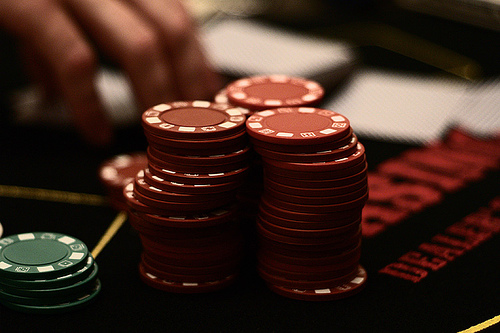Until recently, I wasn’t familiar with Freedom House’s Freedom on the Net reports. Freedom House has useful recommendations for Internet non-regulation and for protecting freedom of speech. Their Freedom on the Net Reports make an attempt at grading a complex subject: national online freedoms.
However, their latest US report came to my attention. Tech publications like TechCrunch and Internet regulation advocates were trumpeting the report because it touched on net neutrality. Freedom House penalized the US score in the US report because the FCC a few months ago repealed the so-called net neutrality rules from 2015.
The authors of the US report reached a curious conclusion: Internet deregulation means a loss of online freedom. In 2015, the FCC classified Internet services as a “Title II” common carrier service. In 2018, the FCC, reversed course, and shifted Internet services from one of the most-regulated industries in the US to one of least-regulated industries. This 2018 deregulation, according to the Freedom House US report, creates an “obstacle to access” and, while the US is still “free,” regulation repeal moves the US slightly in the direction of “digital authoritarianism.” Continue reading →


 The Technology Liberation Front is the tech policy blog dedicated to keeping politicians' hands off the 'net and everything else related to technology.
The Technology Liberation Front is the tech policy blog dedicated to keeping politicians' hands off the 'net and everything else related to technology.